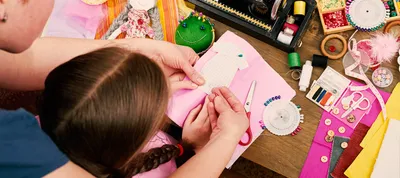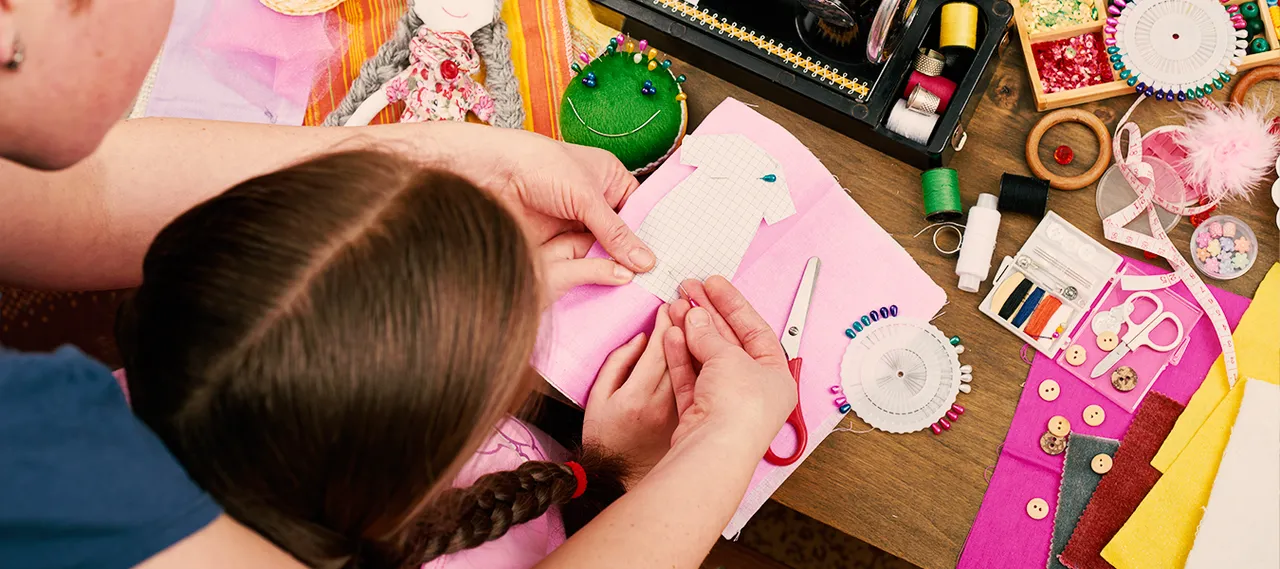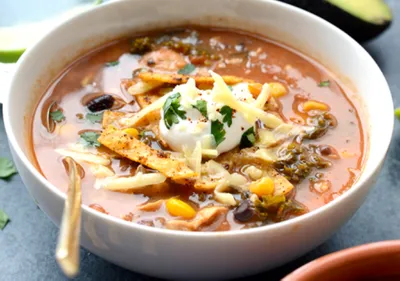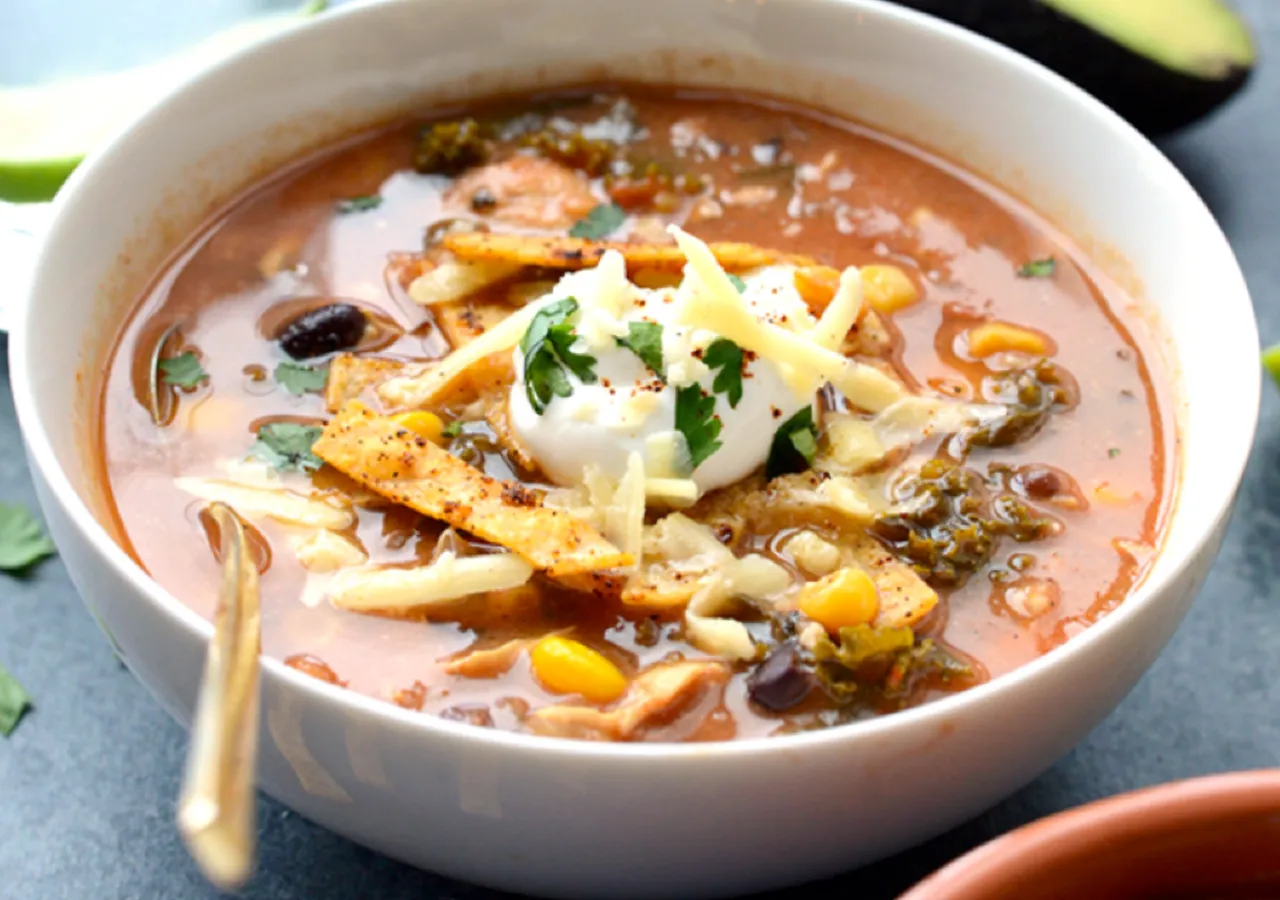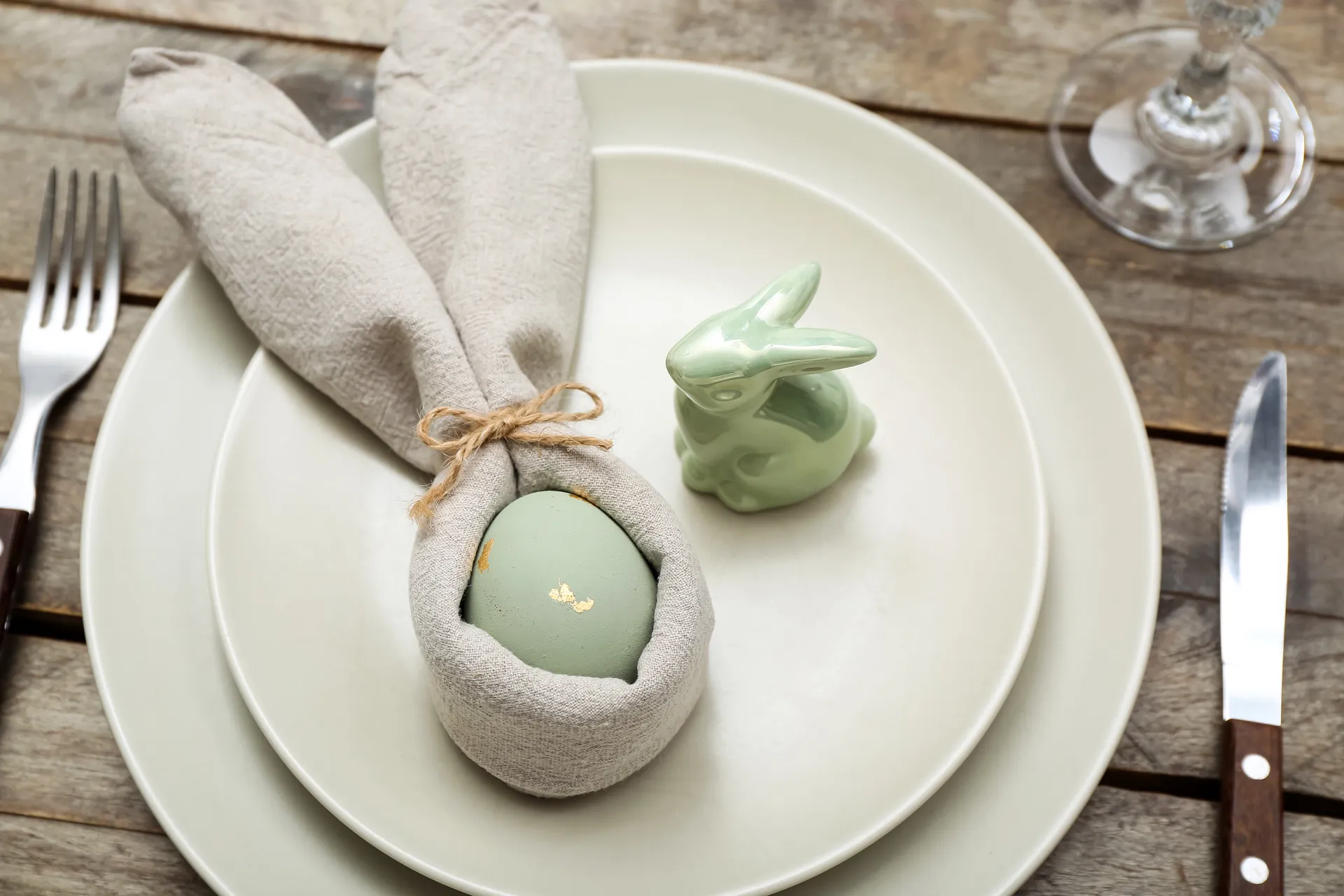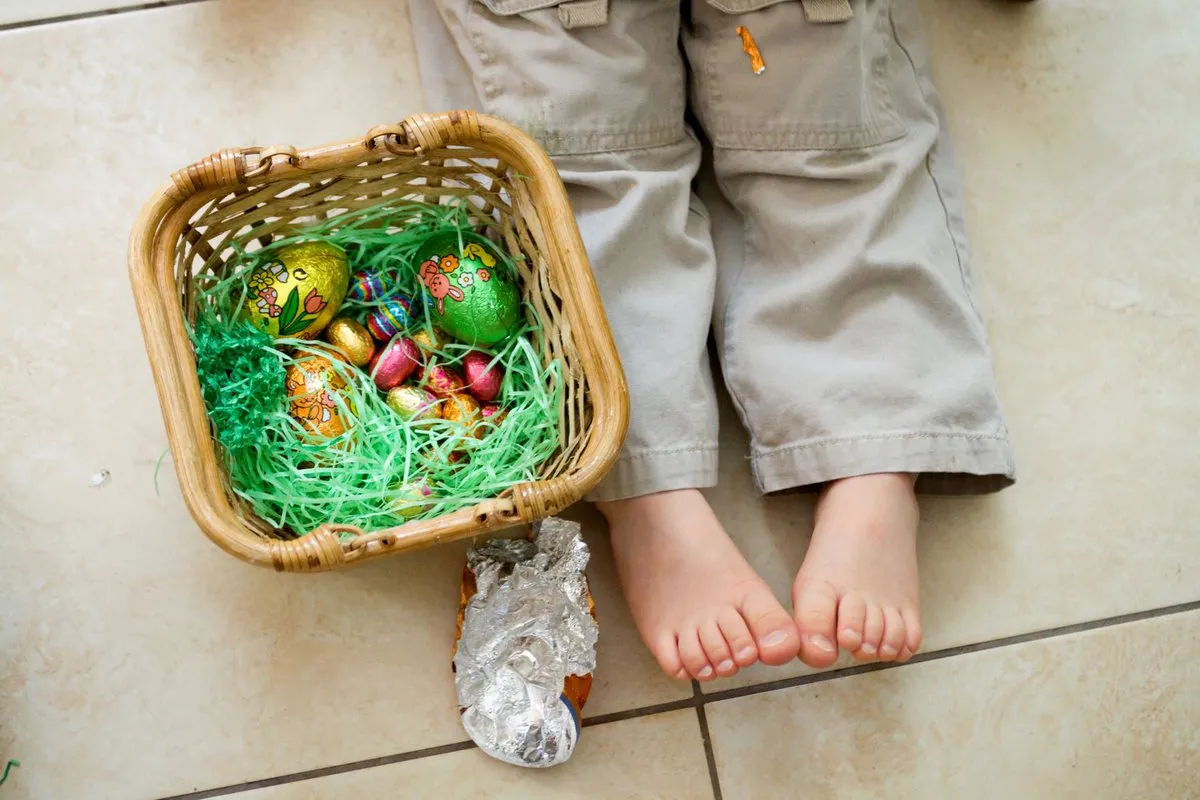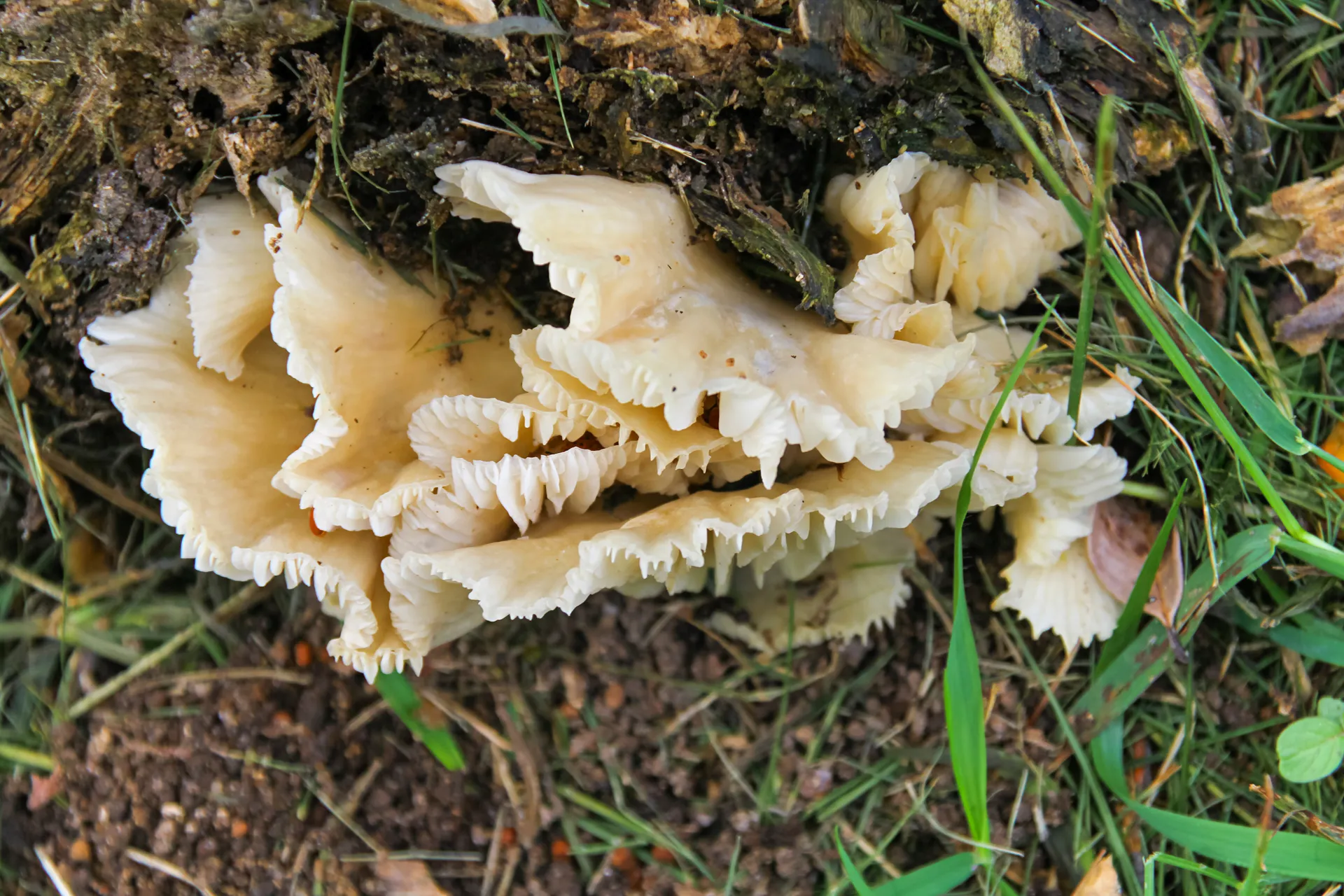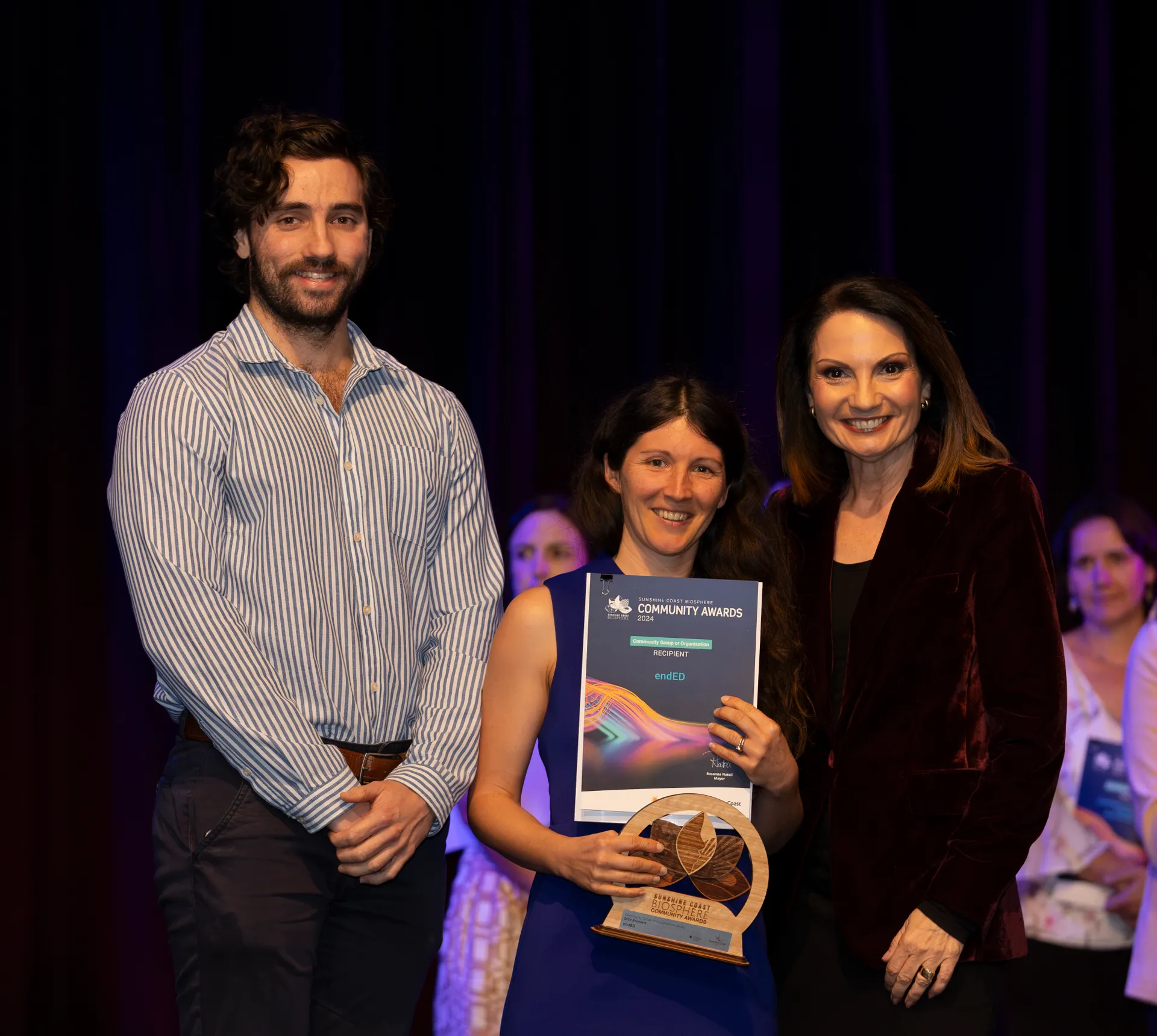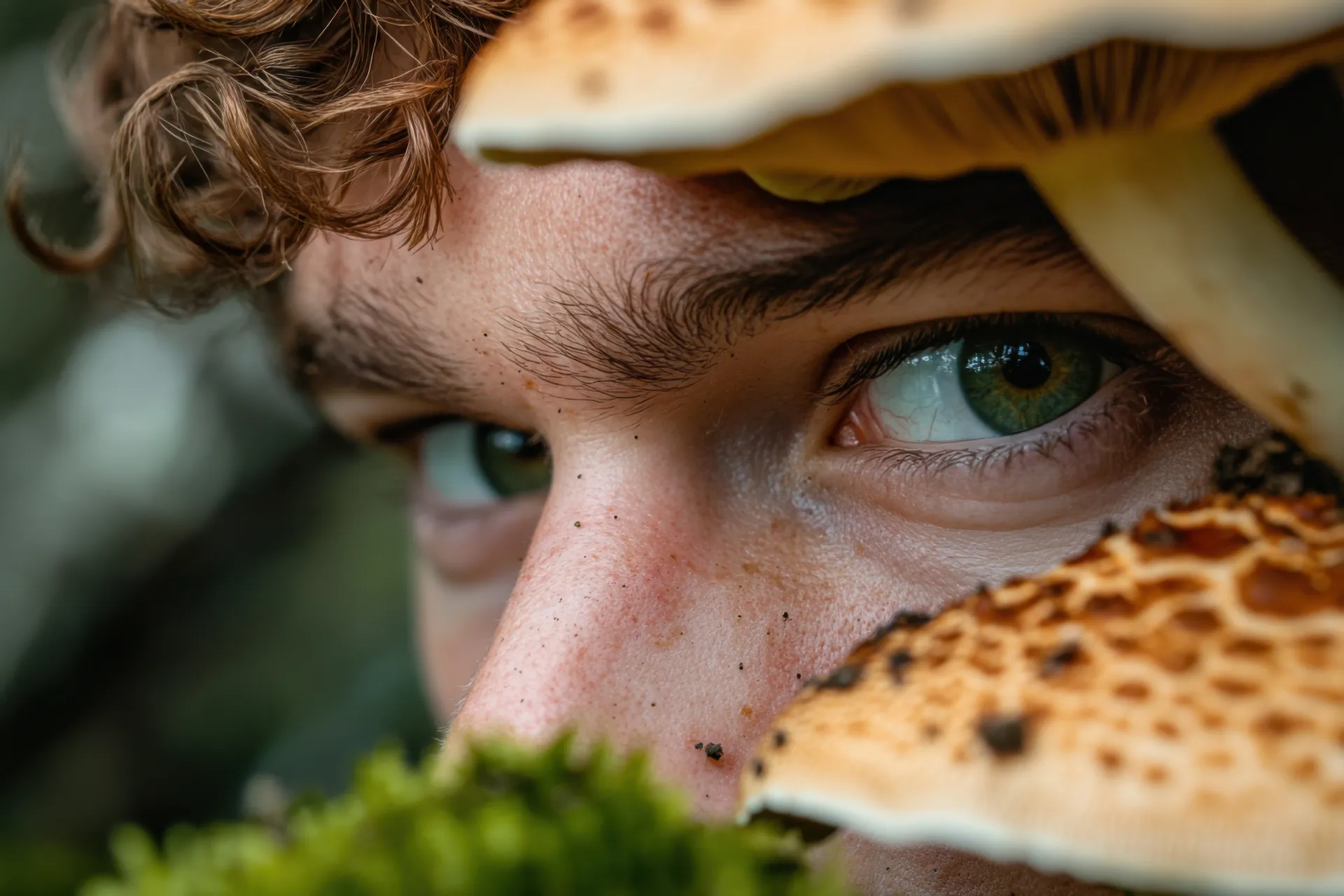Our most wasted food products
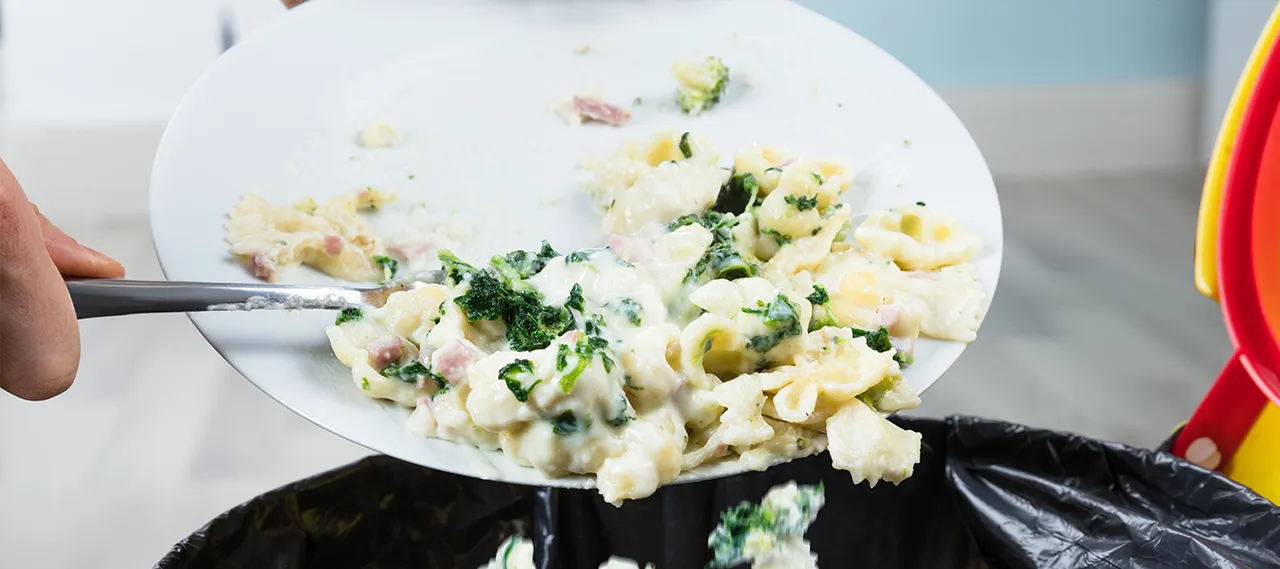
Fruit, vegetables, bread products and leftovers are the most common foods thrown out by residents in the Redlands area, according to a recent study.
A survey conducted by Social Marketing @ Griffith University for Redland City Council, aimed to explore the food-related habits of residents, inviting participants to audit their fridges and list the foods they most often throw out. The findings will be used to develop strategies to help residents reduce their food waste.
Milk and dairy products, packaged foods, meat and fish were also high on the list of foods wasted. Sixty percent of people said they used kerbside rubbish bins for depositing their food waste.
The top reason for discarding such items was because they were past the best before or use-by date, with answers from respondents offering some insights into how purchasing habits contribute to the problem.
One respondent indicated that buying too much of a product could be an issue in their household, saying "carrots that had gone limp - over-purchased last shop, forgetting some already in fridge."
Inedible waste from food preparation such as peelings, and forgetting the food was there also ranked highly.
Other reasons included:
- ruined foods from accidents such as dropping or cooking disasters such as burning the food
- cooking too much food
- changing plans such as decided to order take-away; and
- inadequate storage space
While many respondents indicated an interest in reducing their household food waste, composting wasn't viewed as an appealing option, with concerns raised about hygiene, smells and time taken to manage a composting system (we will have a story on compositing soon that we can link to this story). A strong preference was to find alternative uses for potential waste while it remained edible - such as recipe ideas to use up foods in the fridge.
The survey also uncovered some interesting facts about eating habits - check out Spag bol number one in favourite meal survey for details.
Reduce your household food waste
The Redland City Waste Not Want Not pilot program and Living Smart Love Your Leftovers campaign are designed to help you reduce household food waste - and save money. With a new report saying food waste costs the average Australian household more than $1000 per year, what have you got to lose?
Here are some helpful resources to get started:
- Check out Sarah Wilson's 15 (more) clever ways to use your leftovers
- Kim McCosker from 4 Ingredients shares her tips on menu planning
- Last night's dinner creates today's lunch, chicken and apricot sandwich
- Practical tips to reduce waste at school
